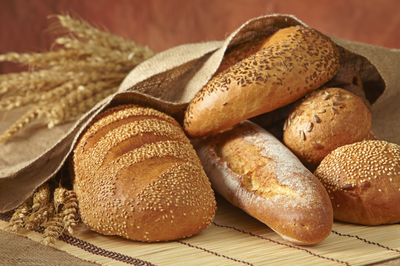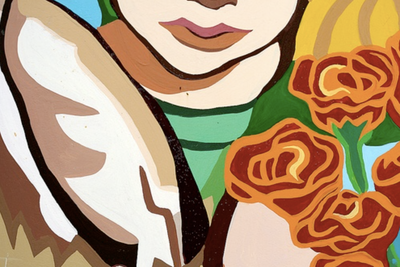|
This morning, our Scripture readings speak to us in one common voice. And that common voice tells us that God’s values are different from many of our default human values. Let me say that again. The common voice in our scriptures this morning tells us that God’s values are different from our default human values.
Think about it. Our society tells us that the most important thing we can do as humans is to have power. To have wealth. To have prestige. To be successful. To be great again. Listen to the news. Watch a commercial. See a movie. It’s everywhere we look. But, our readings from both Micah and Matthew remind us that those human values are NOT God’s values. Speaking through Micah, God says to the people – I freed you from slavery. I brought you out of Egypt. I don’t want empty worship. I don’t care about the bulls and the rams and the oil in your offerings. I want you. And I want you doing for others what I have done for you. I want you DO Justice. I want you to LOVE kindness. I want you to WALK humbly with me. What does that mean? It means that God wants how we live our lives to reflect who God is and God’s love for the world. And we do that through our DOING of Justice, our LOVING of Kindness, and our WALKING in Humility. The words are tricky. We receive them in English, but because Micah 6:8 is translated from Hebrew, we miss the nuance. Let me try to explain. Justice is an English translation of the Hebrew word mishpat. To us justice is a legal term, but that’s not its primary scriptural definition. Justice is something we DO to be certain that all the people of the earth have what they need for their well-being. Caring for our brothers and sisters is a scriptural imperative. It’s not optional. Exodus 22 explains it this way: “You shall not wrong or oppress a resident alien, for you were aliens in the land of Egypt. You shall not abuse any widow or orphan…. If you lend money to my people, to the poor among you, you shall not deal with them as a creditor; you shall not exact interest from them. If you take your neighbor’s cloak in pawn, you shall restore it before the sun goes down; for it may be your neighbor’s only clothing to use as cover; in what else shall that person sleep? And if your neighbor cries out to me, I will listen, for I am compassionate.” The word translated as kindness is the Hebrew word chesed. It has no direct English translation. It’s related to love, loyalty, and faithfulness. Frankly, kindness isn’t nearly a strong enough word to convey the meaning of chesed. Chesed describes the key element in human relationships – whether that relationship is one of marriage, friendship, or community. It’s also meant to characterize our relationship with God. So, we are to LOVE loyalty, love, and faithfulness in all of our relationships – and to act out of that love. We don’t do it because we are manipulated or afraid, we do it because God loves the world – and we are part of the world that God loves. And, we are to WALK with God. Our walk should be humble or circumspect (both good translations of the Hebrew), to put God first and live in conformity with God’s desires. And, if we’re wondering about what God’s desires might look like, we can turn to the Beatitudes for some ideas. Jesus spoke the beatitudes to a crowd gathered around him on a mountain top. We know the whole speech as the Sermon on the Mount. They were Jewish people, living in an occupied country, experiencing daily oppression from their Roman occupiers. Jesus had good news for those people – and it continues to be good news for us. Because Jesus tells us who and what God values. Once again, we see that the world is turned upside down: Who’s blessed? Jesus says these folks are blessed: the poor in spirit, those who mourn, the meek, those who hunger and thirst for righteousness, the merciful, the pure in heart the peacemakers, those who are persecuted for righteousness’ sake, and those who are reviled and persecuted for the sake of the Gospel. Since August, it’s been my privilege to worship with you, work alongside of you, and partner with you for the sake of the Gospel. I’ve heard painful stories of how the racism that infects our country has impacted your lives in the past and continues to do so today. And, I’ve watched you hungering and thirsting for justice. I’ve watched you being peacemakers. And, I’ve heard amazing stories of what DOING justice, LOVING faithfulness in relationships, and WALKING humbly with God looks like in real life in our community.
1 Comment
7/7/2024 02:09:28 pm
I wanted to express my gratitude for your insightful and engaging article. Your writing is clear and easy to follow, and I appreciated the way you presented your ideas in a thoughtful and organized manner. Your analysis was both thought-provoking and well-researched, and I enjoyed the real-life examples you used to illustrate your points. Your article has provided me with a fresh perspective on the subject matter and has inspired me to think more deeply about this topic.
Reply
Leave a Reply. |
AuthorI'm Fran Gardner-Smith. I'm an Episcopal priest, a wife, a grandmother, a feminist, a writer, and an artist. Archives
April 2020
Categories |



 RSS Feed
RSS Feed